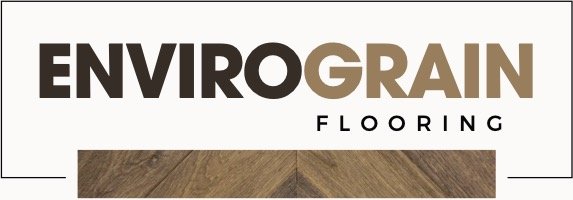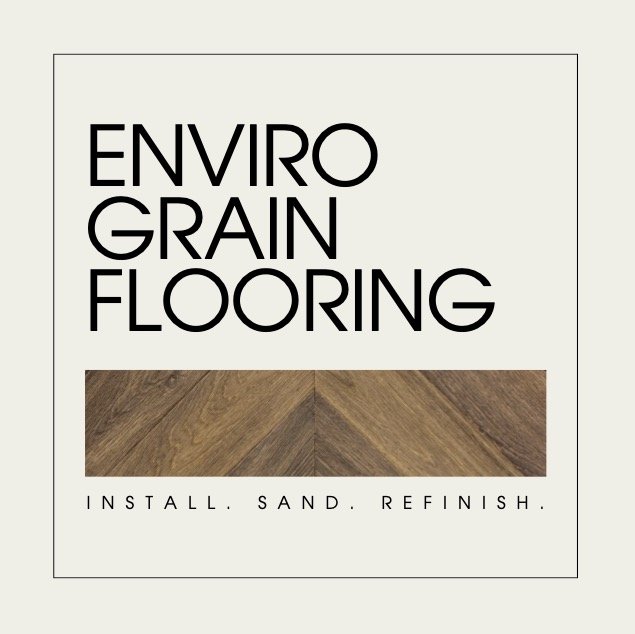
-
How do I choose the right type of hardwood flooring for my home?
Consider factors such as your lifestyle, budget, location, and desired aesthetic. Solid hardwood offers timeless appeal, while engineered hardwood is more versatile and resistant to moisture. Luxury vinyl plank (LVP) flooring is durable, water-resistant, and comes in a variety of styles.
-
What is the difference between prefinished, engineered, and luxury vinyl plank (LVP) flooring?
Prefinished hardwood is factory-finished with a protective layer, while engineered hardwood consists of multiple layers bonded together. LVP flooring is made from synthetic materials but mimics the look of hardwood. Each type has its own advantages in terms of durability, installation, and maintenance.
-
How do I address common issues such as warping, How do I address common issues such as warping, cupping, or gaps in my hardwood floors?
Common issues such as warping, cupping, or gaps in hardwood floors may be caused by moisture imbalance or improper installation. Consult with a certified hardwood flooring expert to identify the root cause and determine the best course of action for repair.
-
How long does it take to install hardwood floors in my home?
Installation time varies depending on factors such as the size of the space, the type of flooring, and any necessary preparations. On average, installing hardwood floors can take anywhere from a few days to a couple of weeks.
-
Can hardwood floors be installed over concrete subfloors?
Yes, hardwood floors can be installed over concrete subfloors using various installation methods, such as glue-down or floating installations, with the appropriate moisture barrier and underlayment.
-
How do I maintain and care for my hardwood floors to keep them looking their best?
Regular sweeping, vacuuming, and damp mopping with a pH-neutral cleaner are key to maintaining hardwood floors. Avoid using harsh chemicals or excessive water, and promptly clean up spills to prevent damage.
-
What are the best cleaning products and methods for hardwood floors?
Water-based cleaners formulated specifically for hardwood floors are recommended, along with microfiber mops or soft cloths. Avoid using oil-based cleaners or steam mops, as they can leave residue and damage the finish.
-
How often should I refinish my hardwood floors, and what signs indicate that it's time for refinishing?
Hardwood floors typically need refinishing every 7-10 years, depending on wear and tear. Signs that it's time for refinishing include scratches, dullness, discoloration, or visible wear patterns.
-
Can I refinish prefinished hardwood floors, or are they designed to be replaced?
Prefinished hardwood floors can be refinished, but it's essential to consult with a professional to determine the feasibility and best approach, as the thickness of the wear layer varies.
-
What are the benefits of engineered hardwood floors compared to solid hardwood floors?
Engineered hardwood is more resistant to moisture and humidity, making it suitable for basements and areas with fluctuating humidity levels. It's also more stable and can be installed over concrete subfloors.
-
Are hardwood floors compatible with underfloor heating systems?
Yes, hardwood floors can be installed over underfloor heating systems, but it's crucial to follow manufacturer recommendations and guidelines to prevent damage to the flooring. If you have underfloor heating, it’s important to let the installer know prior to repairs or installation of new hardwood floors.
-
How do I prevent scratches and dents on my hardwood floors, especially in high-traffic areas?
Place area rugs or mats in high-traffic areas, use furniture pads or felt protectors on the legs of furniture, and trim pets' nails regularly to minimize scratches and dents.
-
Can hardwood floors be installed in bathrooms and kitchens, where moisture levels are higher?
Yes, hardwood floors can be installed in bathrooms and kitchens, but it's essential to choose appropriate wood species and finishes that are resistant to moisture and humidity.
-
Are luxury vinyl plank (LVP) floors a durable and cost-effective alternative to hardwood flooring?
Yes, LVP flooring is a durable and cost-effective alternative to hardwood flooring, offering water resistance, easy maintenance, and a wide range of styles and designs.
-
What factors should I consider when choosing the finish for my hardwood floors?
Consider factors such as durability, sheen level, color, and environmental impact when choosing a finish for your hardwood floors. Water-based finishes offer excellent durability and low VOC emissions.

Check out our

